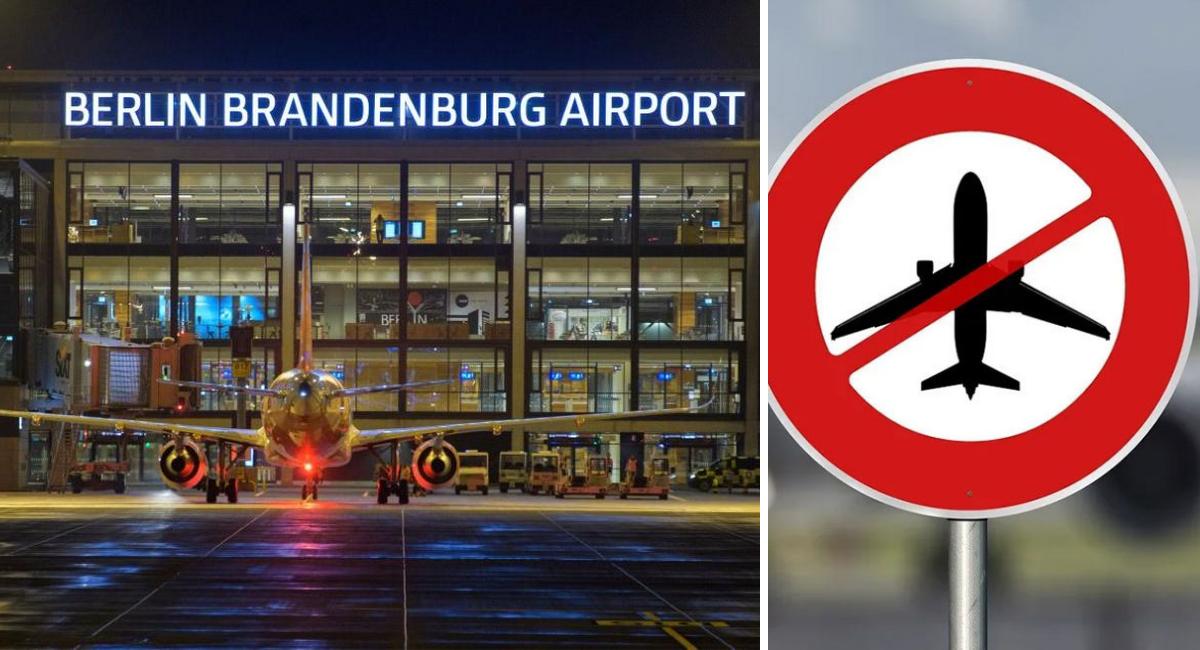Europe is facing a growing wave of drone-related incidents that are now affecting not only airspace security but also the continent’s travel and tourism sector. In recent weeks, unidentified drones have been detected over German airports and NATO military bases in Belgium, some located near popular tourist areas.
In Bremen, air traffic was temporarily halted after a drone was spotted near the runway. Similar suspensions were reported in Berlin and Munich, causing flight delays and cancellations that affected thousands of passengers.
In Belgium, several drones flew over Kleine-Brogel, a NATO base used for training exercises, while others were observed near Deurne and Ostend airports — gateways to Belgium’s coastal resorts.
Travel Risks and Industry Concerns
European airport officials warn that drone interference is becoming a major operational threat for airlines. Even a short disruption can trigger widespread delays, diversions, and increased insurance costs.
Tourism associations caution that repeated shutdowns could damage Europe’s reputation as a safe and reliable destination, especially during the high travel season.
As ETOA (European Tourism Association) noted, growing uncertainty over airspace safety could push travelers to reconsider connecting flights and short city breaks that rely on tight schedules between major EU hubs.
Europe’s Countermeasures
Belgium has announced a €50 million national anti-drone system, including detection, jamming, and interception technologies. The EU is also preparing a broader Airspace Security Strategy aimed at coordinating civil and military response mechanisms.
Analysts say Europe is entering a new era of travel security, where drones represent both technological innovation and a potential threat to aviation stability. Protecting skies is becoming as essential to tourism as airports and airlines themselves.

